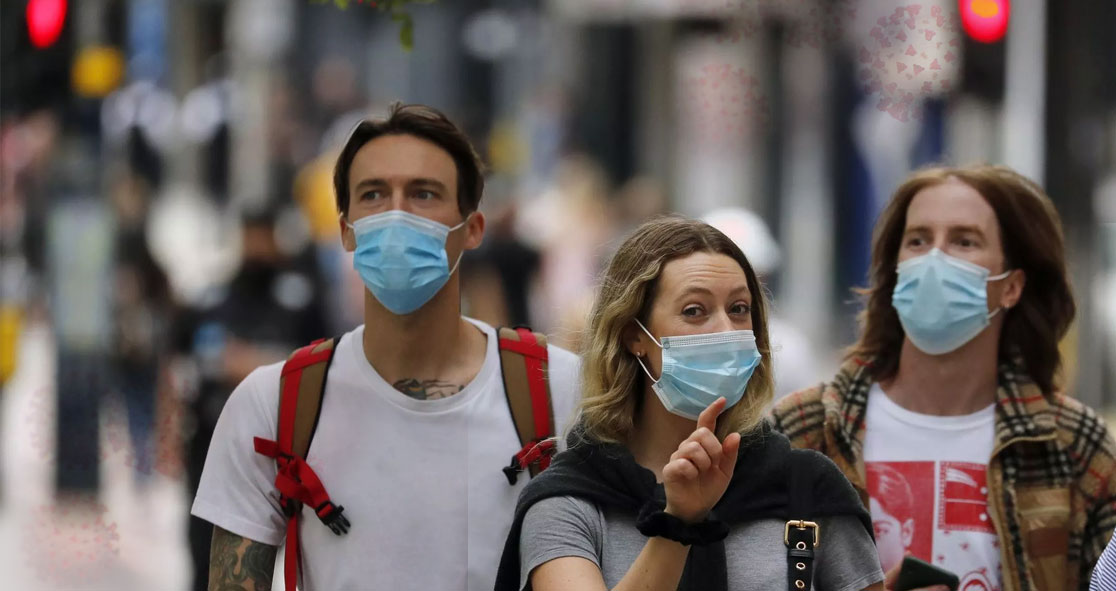The new coronavirus vaccines developed by Pfizer and Moderna will probably prevent you from getting sick with COVID, but it is unclear whether they will help curb the spread of the virus.
So, do you still need to wear a facemask even after taking the vaccine?
There is a possibility that some vaccinated people who get infected may be asymptomatic, and they could silently transmit the virus, especially if they come in close contact with those who do not wear masks.
Asymptomatic, vaccinated people may keep the infection circulating, putting an unvaccinated person at risk.
Michal Tal, an immunologist at Stanford University, said, “A lot of people are thinking that once they get vaccinated, they’re not going to have to wear masks anymore. It’s really going to be critical for them to know if they have to keep wearing masks because they could still be contagious.”
The nose is the primary entry point for most respiratory infections, including the novel coronavirus, called SARS-CoV-2. The virus invades the nose and multiplies there, inciting the immune system to produce antibodies.
If you have developed antibodies and get re-exposed to the virus, those antibodies rapidly shut down the virus in the nose itself before the virus gets a chance to invade the other parts of the body.
In contrast, the COVID vaccines are administered intramuscularly, stimulating the immune system to produce antibodies that offer enough protection to keep vaccinated people from getting sick.
The virus could still bloom in your nose even if you are vaccinated, and when you sneeze or exhale, you may infect others.
Marion Pepper, an immunologist at the University of Washington in Seattle, said, “It’s a race. It depends on whether the virus can replicate faster, or the immune system can control it faster. It’s a really important question.”
Experts say that nasal or oral spray vaccines are much better than intramuscular injections at preventing respiratory viruses from entering the nose.
“Preventing severe disease is easiest, preventing mild disease is harder, and preventing all infections is the hardest,” said Deepta Bhattacharya, an immunologist at the University of Arizona. “If it’s 95 percent effective at preventing symptomatic disease, it’s going to be something less than that in preventing all infections, for sure.”
Akiko Iwasaki, an immunologist at Yale University, said, “My feeling is that once you develop some form of immunity with the vaccine, your ability to get infected will also go down. Even if you’re infected, the level of virus that you replicate in your nose should be reduced.” The article originally appeared in The New York Times.























